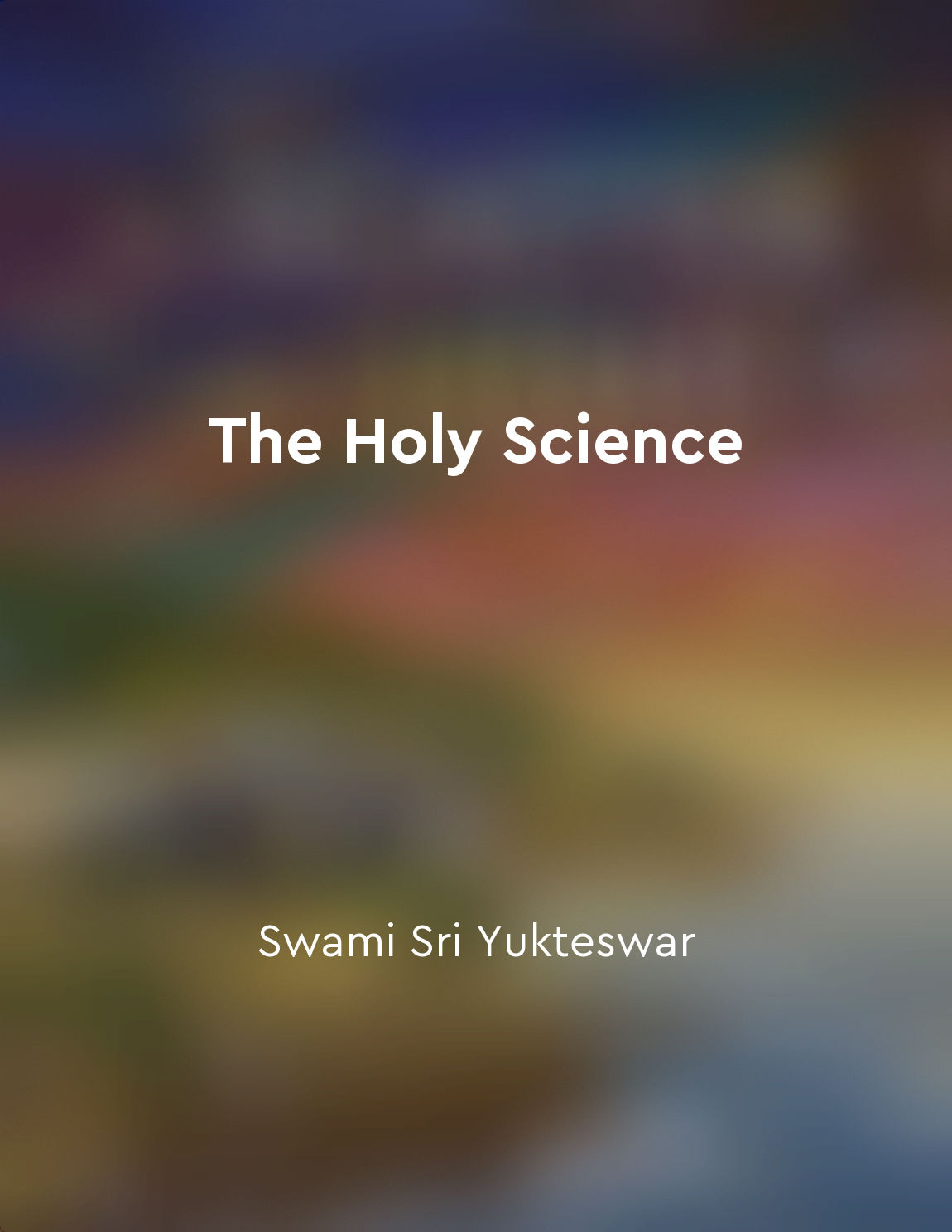Universe's history influenced by probabilities and determinism from "summary" of The Grand Design by Stephen Hawking,Leonard Mlodinow
In the realm of quantum mechanics, the behavior of particles is governed by probabilities. This means that we can predict the likelihood of certain outcomes, but we cannot determine with certainty what will happen in any given situation. This concept of probabilistic behavior extends not just to particles, but to the entire universe. At the same time, the universe is also subject to the laws of determinism. These laws dictate that the future of the universe is determined by its present state and the laws of physics. In other words, if we know the exact state of the universe at a given moment, we could theoretically predict its future with complete accuracy. The interplay between probabilities and determinism shapes the history of the universe. While the universe follows deterministic laws, the behavior of particles within it is probabilistic. This means that while we can make predictions about the overall evolution of the universe, there is always an element of uncertainty due to the probabilistic nature of quantum mechanics. This duality between probabilities and determinism is a fundamental aspect of the universe's history. It is this delicate balance between order and randomness that gives rise to the complexity and richness of the universe as we know it. By understanding and embracing this duality, we can gain a deeper insight into the workings of the cosmos and our place within it.Similar Posts
The waveparticle duality of light and matter is a fundamental concept in quantum mechanics
The waveparticle duality of light and matter is a fundamental concept in quantum mechanics. This concept suggests that both lig...
Manyworlds interpretation posits multiple parallel universes
The Manyworlds interpretation of quantum mechanics suggests that there are multiple parallel universes existing simultaneously....
Quantum theory and general relativity explain universe's origins and evolution
Quantum theory and general relativity are two distinct areas of physics that have been able to provide profound insights into t...
The fragile balance of existence
The world we inhabit is a delicate dance of particles and forces, held together by intricate relationships that maintain the fa...

Cultivate detachment from material possessions
The wise understand that attachment to material possessions leads only to suffering. When we become overly attached to the thin...
Grand Unified Theory could explain universe's laws
The idea of a Grand Unified Theory has intrigued scientists for decades, offering the potential to explain the fundamental laws...
